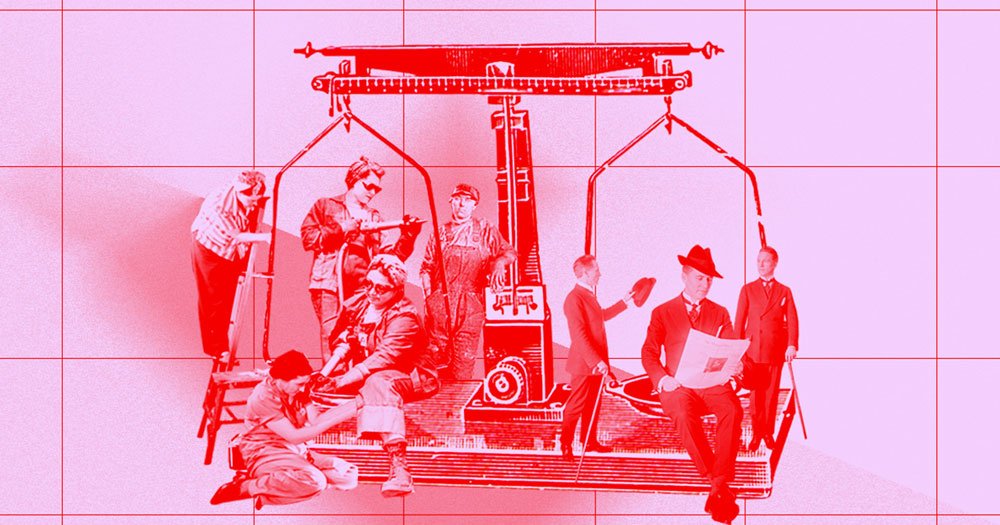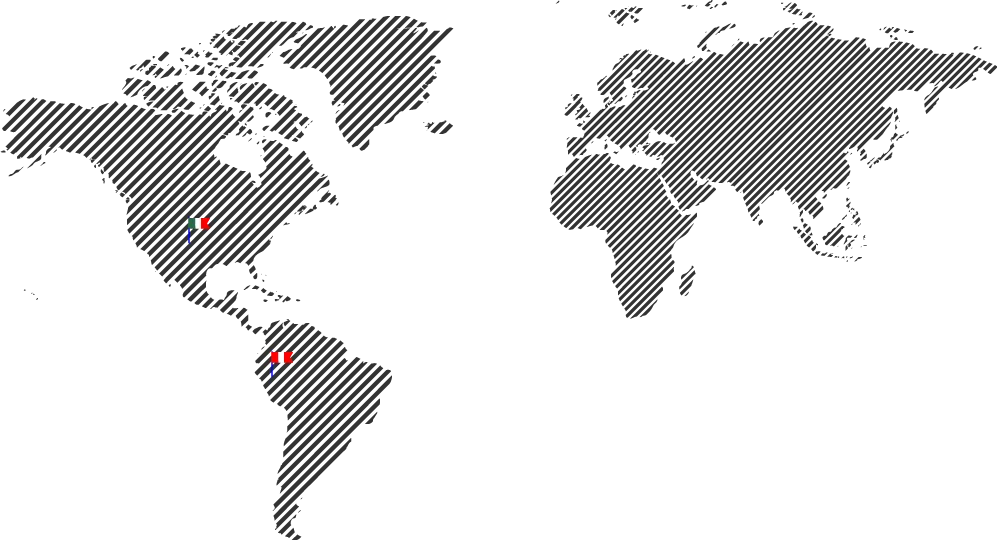This is not a robbery
“Everything’s OK in my neighbourhood; I pay a protection racket and no one messes with me.” There is someone not so friendly “over there”, to whom you must pay money that will never appear on an invoice. You do not agree to do it, you think it should not exist, but you do it to keep the peace in an environment that you feel is convulsed. The people who think of a social quota in a workplace (or in any scenario that requires diversity) as a protection racket paid to a mafia feel overwhelmed or forced to make a concession against their will, against their privilege, and therefore against their very existence. This transcends the trending issue regarding the measure of the gender quota or parity, towards everything related to questioning structures and mindsets that were learnt decades ago. This expression is more and more covert for fear of sanction, but from time to time it surfaces, and I am interested when it appears, because it is an indicator of the inefficiency of the rules. The last time I heard it, someone was complaining not only about the fact that they would have to hire women even though they were not more talented than their male peers, but also that now the creatives were not going to be able to have fun because everything was offensive, and that now they would have to feature a father cooking “when that doesn’t happen in reality unfortunately”.
Why do we feel harassed when we are discussing the mindset change that would give an entire generation new opportunities? Because we have become immune. We have seen a colour so much, so closely, for so many years, that when we go out, we do not see it anymore.
We must heal from that colour blindness and see the elephant in the room: the sexual division of labour. From home with gender roles, from their education in universities and institutes, from their entry into basic positions at agencies, there is the “light blue” of creativity and the “pink” of care. Care of ideas (planning), processes (accounts, production), people (human resources), resources (finances). A separate issue is who reaches a leadership position in the field in which they trained and under what circumstances, and it will be necessary to see how many of us decide to step aside to play in the independent world. For a more pedestrian example, not so far from the creative industries: how many women have we seen in the kitchen? And how many outstanding female chefs do we know of?
It is for this reason that a quota (a fixed x percentage of a population) that contributes to gender equality is being sought in the creative area, where there is that pothole. The truth is that if this gender quota does not respond to a rationally internalized equality agenda, it will not be profitable. You have to believe it so you don’t want to twiddle your thumbs when nobody sees you, or warnings, online complaints, legal complaints will come, money will be spent on PR, there will be unscheduled liquidations. If you decide to go that way, you go all the way. Internalization or loss. And that is a decision made for the business’ wellbeing, not due to the coercion of an extortionist.
*The original article in Spanish is entitled “¿Cuota o cupo?”, where “cupo” is an equivalent to “protection racket”. The common mis-verbalisation of “cuota” as “cupo”, two words with similar sounds, is explained in the original article as a Freudian failed act.





